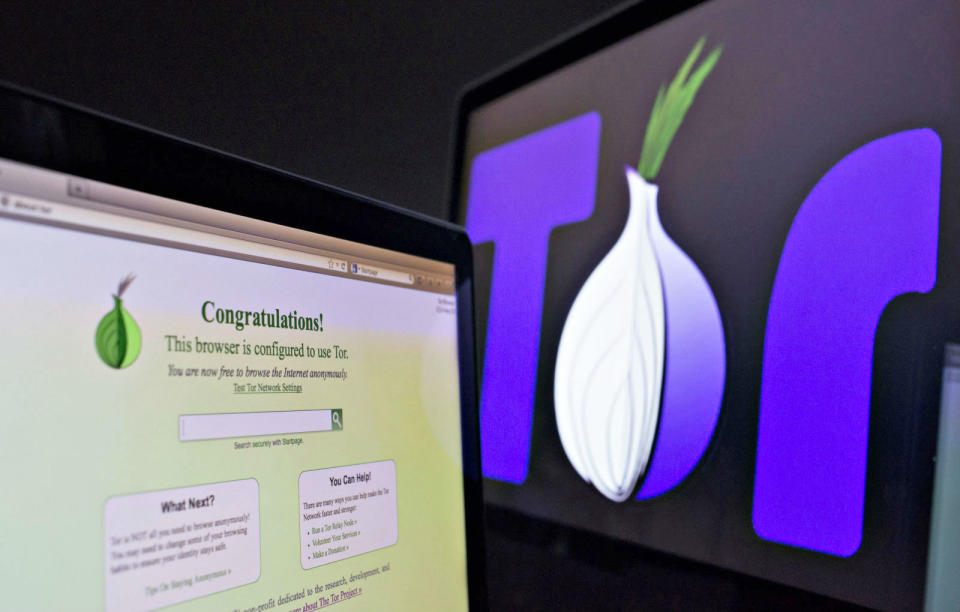Tor’s next-gen onion system works to keep servers hidden
The decade-old service is getting a security-centric makeover.
The dark web is no longer just a marketplace for illicit drugs, weapons, and other nefarious material. Mainstream media and social networks, from The New York Times to Facebook, are also using it to give users an anonymous way to access their sites. These so-called "onion" services can help publishers evade country-specific web censorship, while also delivering their content to people who simply use the Tor Network to surf in private. The tradeoff for anonymity is a sluggish web browsing experience, but it's a sacrifice more than 2 million people are willing to make. Now, with its almost decade-old onion domains getting rusty, Tor is unveiling its next-gen sites, with the focus on strengthening security.
By using new encryption algorithms, improved authentication, and a redesigned directory, Tor claims its next-gen design will keep an onion address completely private. In the past, its network could learn about your onions, which could have resulted in info leaks and cyberattacks. Just this year, news emerged that a hacker had knocked out about a fifth of the Tor network (over 10,000 "secret" sites in total). "All in all, the new system is a well needed improvement that fixes many shortcomings of the old design, and builds a solid foundation for future onion work," writes Tor on its blog.
Users can check out the future of Tor onions by grabbing the alpha release of its browser -- which itself got an update in June that was all about limiting the amount of info it could glean about your computer.



